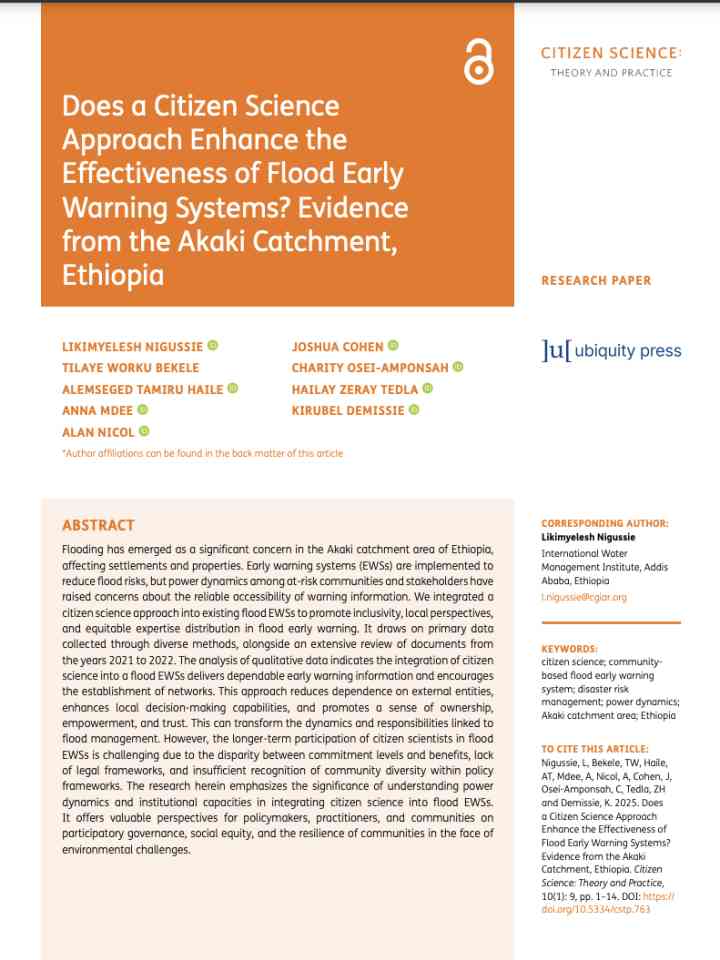Science and technology
This theme adresses how science and technology can contribute to DRR, including approaches and initiatives to bring scientific and technical knowledge into practice and policy, approaches for multidisciplinary engagement, good practice in scientific and technical aspects of DRR, and citizen science.






